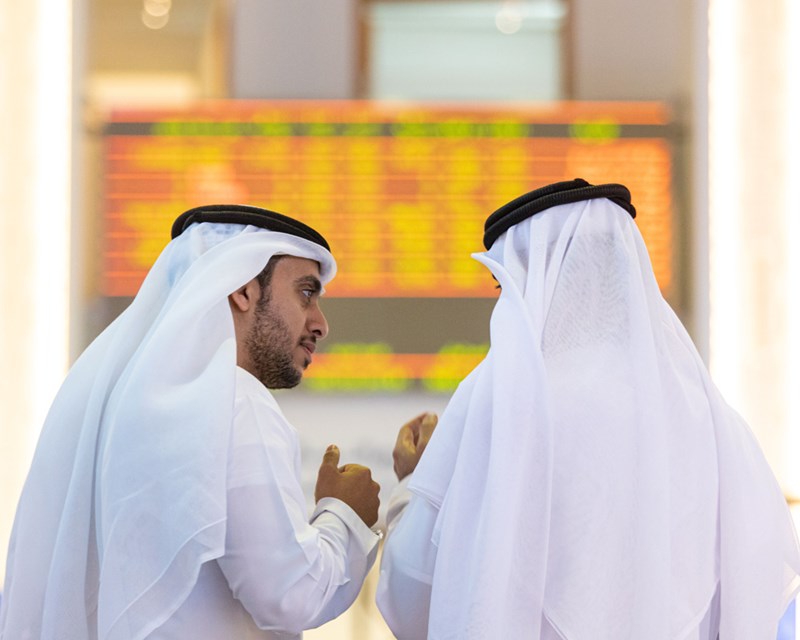Two years after it unveiled its ambitious blueprint for a diversified and future-proof country, Saudi Arabia’s plans are starting to bear fruit. From widespread social reforms, to selling stakes in state-owned companies, the Gulf kingdom is constructing a new cultural and economic order in preparation for a post-oil era.
That future recognises nonprofits for the first time as an underused driver of economic change; an act that could help redefine public perception of a sector long seen as a channel for charity. Government plans call for the sector to lift its contribution to GDP from less than 1 per cent to 5 per cent over the next 12 years, ranking it alongside the private and public sectors as a spur of Saudi Arabia’s growth. For a sector that has been largely excluded from the national conversation, it’s an opportunity to demonstrate how nonprofits are taking action to address some of society’s most complex and challenging problems.
This narrative is endorsed by the recently published Saudi Nonprofit Trends Report, a nationwide survey which reveals how the sector is reinventing itself as a driver of social change. Carried out by the King Khalid Foundation (KKF), the report tracks the developmental impact of nonprofit organisations, alongside volunteering and giving habits of Saudi citizens, and for the first time highlights the sector’s role in fuelling the labour market and broader economy. In an industry that suffers globally from a paucity of data, it offers an overview of the current landscape and outlines the roadmap for growth, says Princess Banderi bint Abdulrahman AlFaisal, CEO of KKF.
“We see this as a baseline that we can refer to, to monitor and quantify the changes that we are seeing on the ground. As a sector, it shows where our strengths are to build upon, and where our weaknesses need to be addressed,” she explains.










